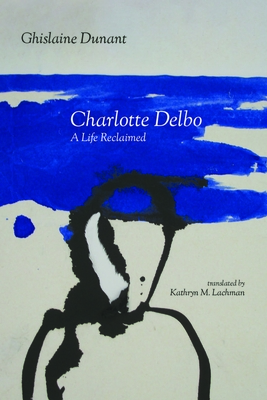
description
2In 1943, Charlotte Delbo and 229 other women were deported to a station with no name, which they later learned was Auschwitz. Arrested for resisting the Nazi occupation of Paris, Delbo was sent to the camps, enduring both Auschwitz and Ravensbrück for twenty-seven months. There, she, her fellow deportees, and millions of others were subjected to slave labor and nearly succumbed to typhus, dysentery, and hunger. She sustained herself by reciting Molière and resolved to someday write a book about herself and her fellow deportees, a stunning work called None of Us Will Return. After the camps, Delbo devoted her life to the art of writing and the duty of witnessing, fiercely advocating for the power of the arts to testify against despotism and tyranny. Ghislaine Dunant's unforgettable biography of Delbo, La vie retrouvée (2016), captivated French readers and was awarded the Prix Femina. Now translated into English for the first time, Charlotte Delbo: A Life Reclaimed depicts Delbo's lifelong battles as a working-class woman, as a survivor, as a leftist who broke from the Communist Party, and most of all, as a writer whose words compelled others to see.
member goods
No member items were found under this heading.
Return Policy
All sales are final
Shipping
No special shipping considerations available.
Shipping fees determined at checkout.







